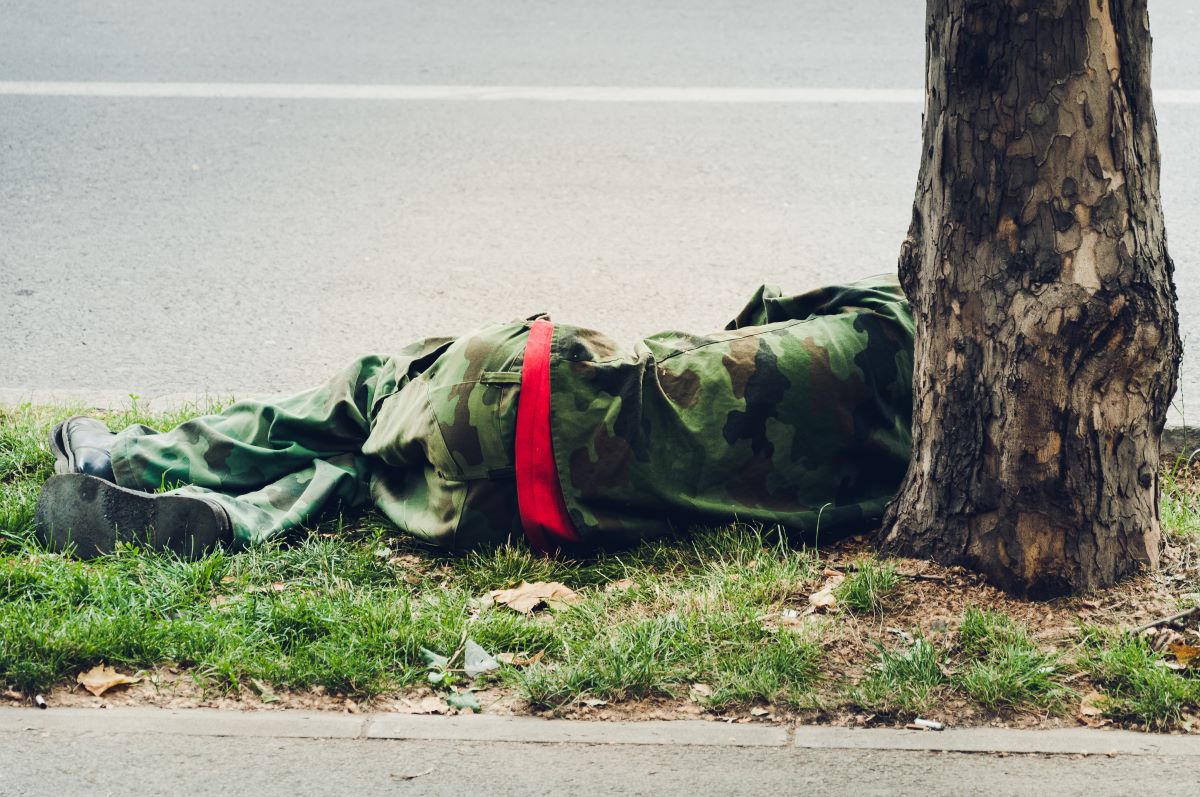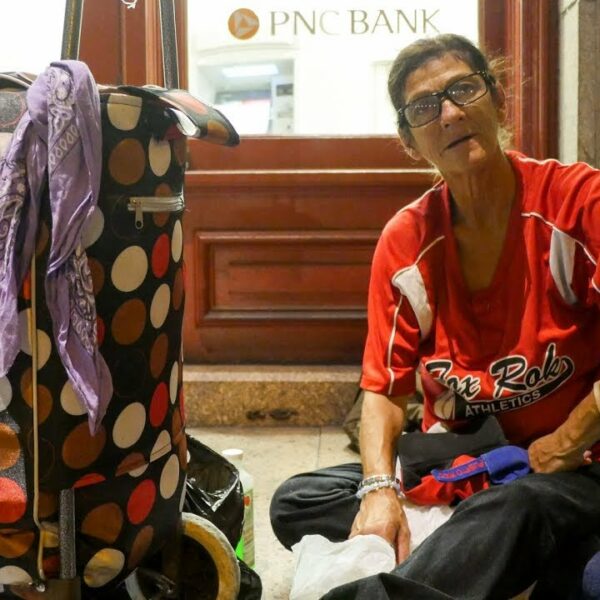US Department of Veteran Affairs and the National Coalition for Homeless Veterans Urge Lawmakers to Extend the Eviction Moratorium
A surplus of more than $46 billion in rent relief is available to prevent nationwide homelessness through eviction. So, why are vulnerable veterans at an even higher risk of homelessness than they were before the onset of the public health crisis?
As current events continue to spiral, two internationally recognized organizations representing US soldiers and former soldiers urge lawmakers to extend the eviction moratorium once more. They argue that doing so could prevent a massive increase in veteran homelessness nationwide. According to website military.com, the National Director of Clinical Operations for the VA made the following statement at one of his committee hearings:
“The Department of Veterans Affairs is deeply concerned about possible dramatic increases in homelessness when eviction moratoria are lifted.”
Meanwhile, in Washington, Kathryn Monet, current CEO of the National Coalition for Homeless Veterans, echoed those sentiments precisely by stating:
“We are in the middle of an emergency, and veterans experiencing and at risk of homelessness need safe housing now more than ever.”
The Veteran Homelessness Problem is Multi-pronged and Difficult to Solve in Time
2019 marked the first year in almost a decade that veteran homelessness increased rather than decreasing. While the rise in veteran homelessness was modest at that time, many advocates expressed concern that it was emblematic of an unsettling trend.
Multiple times throughout history, we have witnessed soldiers and former soldiers fall. Those who were once on the frontlines of battle found themselves on the sidelines upon returning to US soil. In fact, just one year in our recent past, tens of thousands of US veterans were laying side by side in homeless shelters, many of them injured or suffering from severe disabilities, none of them socially distanced.
Before the enforcement of CDC protocols, their toes were mere inches from one another. These veterans were categorized as being among those most vulnerable to the virus.
Now, in the wake of what appears to be multiple new strands of COVID-19 cropping up, there are people in power who wish to return our veterans to these appalling conditions.
With the eviction moratorium still set to expire at the end of June, US veterans face all of the following issues that make them vulnerable to homelessness:
- Lack of affordable housing
- Rampant unemployment
- Stagnation of wages
- Disabilities
- Inability to access government-mandated rent relief funding in time
That last point is critical.
What we see right now is a delay in taking the tens of billions of dollars in rent relief funding and getting that money to the bank accounts of those people who need it most. This includes our veterans.
To put things in perspective, most states nationwide have only disbursed 5% or less of their rent relief funding to renters in need. Some states have even gone so far as to re-distribute the money to other departments, skipping over renters entirely to fuel their insatiable greed.
The problem here is not with the amount of money available. Instead, it is with the amount of time left on the clock. As state and city officials scramble to distribute capital, the eviction moratorium is running out.
This serves as further proof that rent relief must work in tandem with the eviction moratorium. Both of these programs rely on one another. We should uphold them for the duration of the crisis meaning however long it takes for renters to access relief funding.
Punishing people for their inability to access funding because the system has failed them is lazy and unsympathetic to their plight. This is particularly true for our war veterans. So many of them have lost more than we could imagine.
They’ve lost familial support, understanding from their peers, and in many cases, they have lost limbs or physical ability. This is all in addition to the war in their mind, which replays intermittently like a twisted dream.
Imagine falling asleep on a gurney and waking up on a street corner, catching the first few glimpses of the sun before being handcuffed and hauled off to jail for violating some new anti-vagrancy law. Is this the sort of future we should hand off to our former soldiers? If so, how could we expect anyone to volunteer their lives in the name of our country?
Many Veteran-Specific Programs Implemented During the Pandemic are Shutting Down
Adding insult to injury is that many veteran-specific programs trying to shelter homeless soldiers in hotel rooms will conclude around the same time as the moratorium ends. Additionally, funding that was set aside to provide homeless and rent-burdened veterans services during the pandemic is dwindling.
Whether or not officials will renew these programs this fiscal year and provide additional funding remains unanswered. Some of the services currently being provided as a result of last year’s decision include:
- Telehealth
- Mental health services
- Rehabilitation
- Emergency housing
- Rent assistance and much more
Missing Data Creates a Convenient, Dangerous Loophole
2020 has been a year of never-before-seen action in the social services sector. But, unfortunately, that same statement rings true in regards to inaction.
Due to our delayed reaction to the pandemic, a great deal of data was compiled late or not at all.
One key piece of missing data was the PIT count for veterans. It was released late and revealed yet another increase in veteran homelessness between 2019 and 2020. The delay in receiving these stats only served to prolong outreach further.
Given the facts, it’s clear we must extend the national eviction moratorium to keep at-risk veterans safe. But, sadly, this revelation comes just as the sand in the hourglass is dangerously close to running out.













